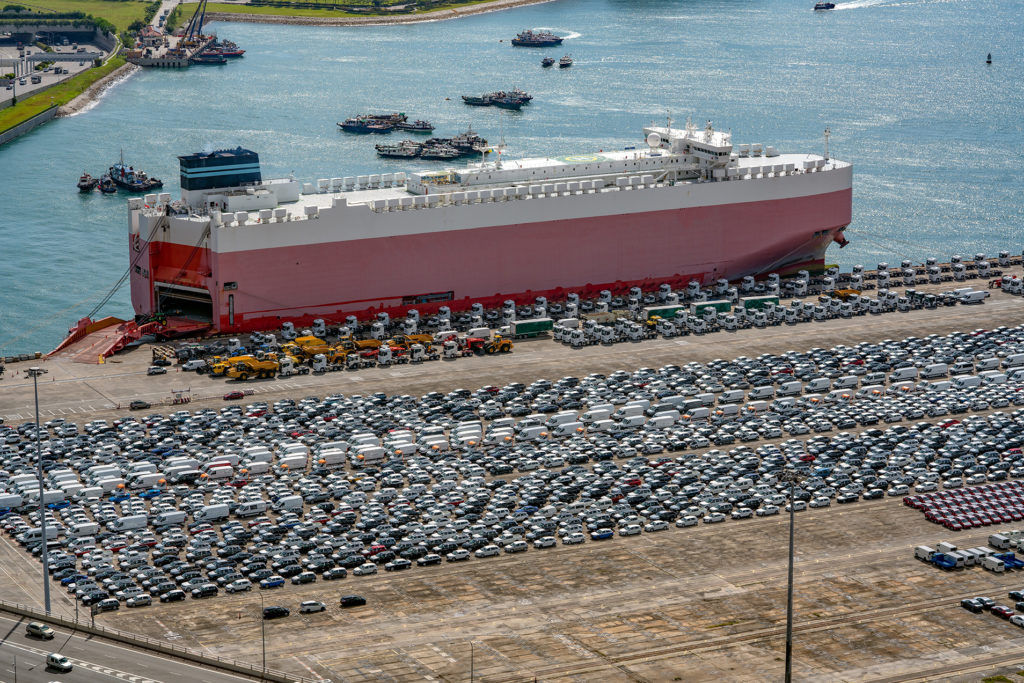Extraordinary revelations from a first-hand source have revealed details of how the final Brexit negotiations unfolded. The UK Motor Trade played a central part in the drama. Ultimately the deal came down to a tug of war between cars and fish.
Prime Minister Johnson was attempting to retain sovereignty over fish in UK waters whilst protecting jobs in UK car manufacturing. President of the European Commission, Ursula Von der Leyen eventually agreed that cars assembled in Britain would be exempt from EU tariffs, even where most of their components are made outside of the EU in countries such as Japan or Korea. This was crucial in order that the manufacturing operations of Nissan and Toyota’s in the UK remain financially attractive. In turn the PM stopped insisting that EU fishing boats must give up their automatic right to fish in UK waters after a 3 year period.
At certain points talks broke off several times with little hope of a resolution. The two sides’ opposing demands almost resulted in a complete collapse in negotiations. France, concerned about potential damage to its fishing communities, threatened billions of pounds worth of trade tariffs if the UK denied EU fishermen access to UK waters.
Despite huge pressure Boris Johnson refused to concede. The source states that this caused the EU to “blink first”. It was only a short time before time ran out that the deal was ratified having reached a settlement on EU fishing rights. The Von der Leyen’s partial back down in the final days leading up to the conclusion of the treaty meant the UK was prepared to agree an increase to EU fishing quota shares throughout the transition period.
Although relieved to some extent, the Chief Executive of the Society of Motor Manufacturers and Traders (SMMT), Mike Hawes, wasn’t overly enthusiastic about the UK-EU Trade and Cooperation agreement (TCA). Speaking about the outcome prior to the deals ratification in parliament he said, “For automotive, Brexit has always been about damage limitation, and the draft Trade Cooperation Agreement, while no substitute for the completely free and frictionless trade with Europe we formerly enjoyed, will address immediate concerns.”
He described the “opportunity for tariff and quota-free trade” as the “foundations on which the industry can build.” Yet criticised the government for providing firms “just hours to adjust to new trading rules.” He requested “a phase-in period” to allow businesses time to adapt. The trade body later confirmed its belief that the TCA delivers across several areas for UK Automotive, limits damage in some others, and keeps the sector connected to a market that accounts for eight out of 10 of its vehicle exports. Most importantly for the SMMT it “delivers on the core ask of avoiding tariffs for most finished vehicles, parts and components.”
Hawes also highlighted with a slight tone of scepticism that the UK motor industry, “must pursue the wider trade opportunities that Brexit is supposed to deliver.” He also called for investment to accelerate “the UK’s transition to electrified vehicle manufacturing.” He wants to see government doubling down on “its commitment to a green industrial revolution” via the creation of “battery gigafactory capacity in the UK.” He sees this being “essential to the UK Automotive sector’s future success.”
At Plan we’re incredibly pleased that a Brexit deal is in place. After more than 4 years of acrimony, debate and negotiations energies can be directed towards growth. Concerns about the damage a no deal Brexit might have caused are in the past and potential opportunities can be focused upon. For the sake of livelihoods in the motor trade sector we very much hope that the UK automotive industry can bed in the new trading systems with our EU partners whilst also recovering from the damage inflicted by Covid-19.
Find out why 96% of our customers have rated us 4 stars or higher by reading our reviews on Feefo.


